A Radically Inclusive Community in Tremont: Pilgrim Congregational United Church of Christ

Pilgrim Congregational United Church of Christ was first founded in 1859 in the Tremont neighborhood. The church is a cornerstone institution in the community, and, like the surrounding community, has a storied past.
The church itself is a Cleveland landmark. The congregation moved from its initial site, which is today St. Augustine Catholic Church, to its current site in 1893. At that time, the congregation looked to create a space that was not only conducive to worship, but also served the rapidly expanding and urbanizing neighborhood. They would eventually become home to the area’s first library and kindergarten, house social services, and offer classes including music, language, and even professional and housekeeping skills.
All of this was brought together in the brown sandstone building located at the corner of Starkweather and West 14th. The church features a 150-foot bell tower, round-headed lancet and rose windows, corner turrets, and pyramidal roofs. Inside the sanctuary, you’ll find stained glass windows, a beautiful rosette overhead, hand painted wallpaper, and a nineteenth-century pipe organ.
The architecture itself is a draw. In fact, Brooke Willis found his way to the Pilgrim Church just that way. “I was on an architectural walk, and I was overwhelmed by the visual. I came back, and I stayed,” he explained.
Brooke was one of two parishioners who sat down with us to explain the church, its mission, and its work in the community. The other parishioner, Marilyn, joined the church in the early 1990s with her husband. They had been looking for a new church when they discovered Pilgrim, but it wasn’t just the worship that kept them coming back.
“There was a real commitment to working in the neighborhood,” Marilyn explained. “The church was living its mission.
That mission, which was rooted in the very structure and design of the church, centers on inclusivity. The church’s covenant lays this out explicitly, stating that the congregation pledges “to seek justice, to oppose violence, racism, sexism, fear of differences, economic inequity and abuse of power. We promise to substitute acts of goodwill and caring; to feed the hungry, to provide shelter for the homeless, to nurture the ill, and to prevent cruelty to any of God’s children, or any of God’s creatures. We pledge ourselves to welcome people of all sexual orientations into the full life and ministry of the church.”
This mission is embodied in all of the programs, activities, and groups organized by the church, from their social justice work, which evolved out of a monthly conversation group that met at a local bar, to their community food pantry and garden.
“We practice radical inclusivity,” Brook explained, which refers to the intentional inclusion of all people, especially those who have traditionally lived at the margins of society. The church is also open and affirming of LGBTQ+ people, and was one of the first in the State of Ohio to declare it.
“And we voted to be a sanctuary church in 2020.” Marilyn added, continuing, “We’ve hosted undocumented immigrants here at the church, and participated in ICE protests, Black Lives Matter activities, and God Before Guns.”
“We’re a polling location for each election,” Brooke continued, “And we’re part of Cleveland Pride every year.”
This, of course, wasn’t even a comprehensive list of all that the congregation does today and has done in past years. The efforts of the church to support and engage the community are constantly evolving. In this way, Pilgrim’s mission feels more like a lived experience than a static statement.

“We want to keep the building open and available to the community,” Marilyn explained. While we were meeting, a local youth group was practicing volleyball in the church’s gymnasium and yoga was being held in a classroom. The previous day, Jordan Lakin had been in the kitchen making pizzas for his artisan pizza shop, The Corner Spot. “These groups aren’t necessarily a part of the congregation, but they are a part of the community. We’re open to anyone.”
The church had been conservative about the usage of their space at the height of the pandemic, but Marilyn and Brooke noted that as things were starting to open back up, that the church was committed to finding ways to share their space safely and productively.
“In the 1890s, we were known as the church of the open door, mind, and heart,” Marilyn explained, bringing the mission back into focus. “We’re really looking forward to bringing the community in again.”
If you are looking to get involved with any of the wellness, social justice, or faith-based initiatives at Pilgrim, you can find more information on outreach and events on their website and social media. If you are looking for space, you can reach out to the main office to learn more about availability.


